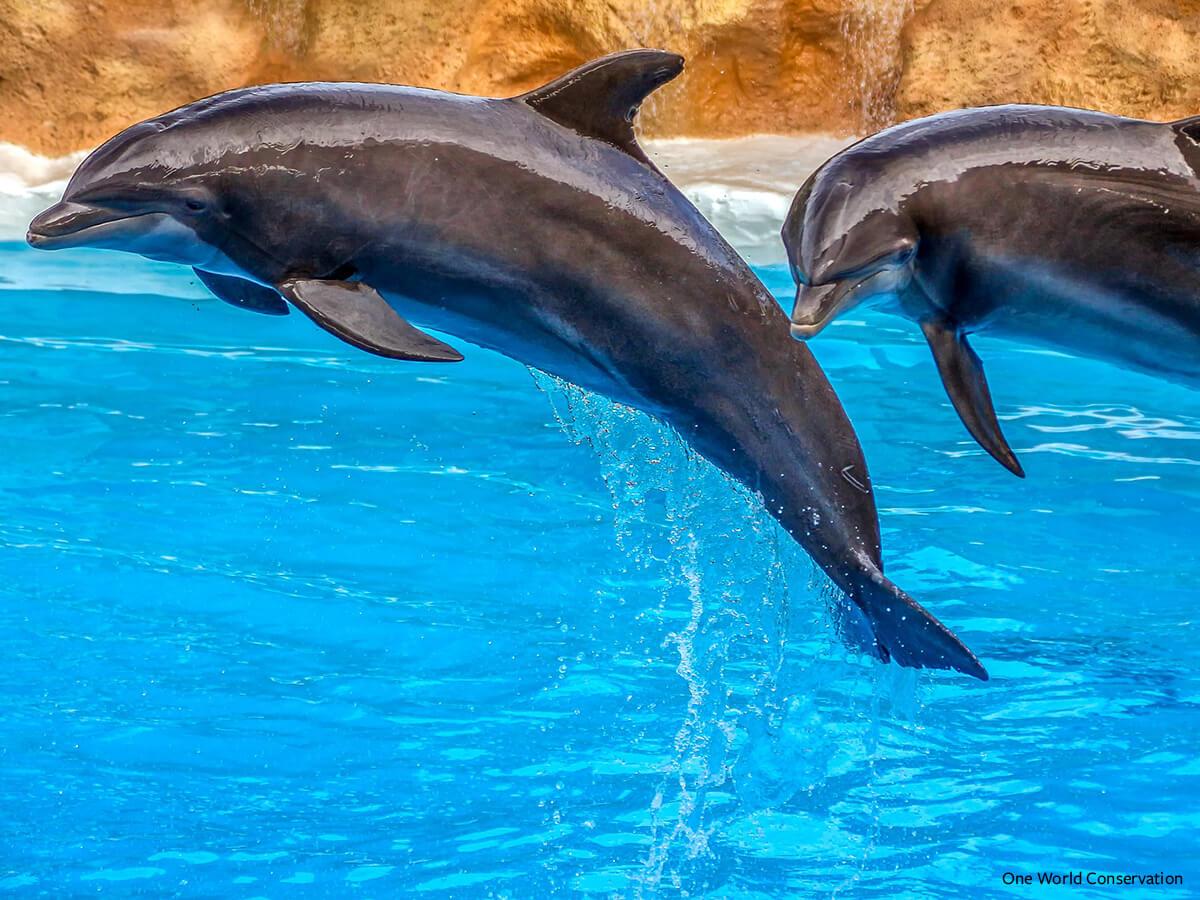Ask Canada Not To Water Down Whale and Dolphin Anti-Captivity Law
This alert is no longer active, but here for reference. Animals still need your help.
After years of deliberations and delays, we celebrated a historic victory in 2019 when Canada passed a nationwide bill that would permanently phase out cetacean captivity. However, the government is now drafting policies, some of which may provide certain exceptions to this ban. Act now to ask the Canadian government not to allow the bill to become watered down!
Bill S-203 made it officially illegal to hold any cetaceans in captivity, including whales, dolphins and porpoises. Only two facilities in Canada currently hold cetaceans captive: the Vancouver Aquarium in British Columbia, which has only one remaining dolphin, and Marineland in Ontario, which holds over 40 belugas, one orca, and bottlenose dolphins in its tanks. Unfortunately, all of these cetaceans were grandfathered in, so they won't be directly impacted by the passing of S-203.
The new policies being drafted by the Department of Fisheries and Oceans pertain to authorizations made for certain situations, such as bringing a cetacean into captivity after a stranding. Captivity causes many harms to cetaceans, such as boredom, chronic stress, tooth and jaw issues from gnawing on bars, and premature death — so there is no ethical reasoning that justifies bringing a cetacean into either of the two existing facilities in Canada. The only exception to this would be for seaside sanctuaries — which don't exist in Canada as of yet — where a stranded cetacean could be sent for rehabilitation and release.
The authorizations also deal with conducting reproductive research on cetaceans and importing or exporting reproductive materials of cetaceans to other countries. But adding to the captive population, in Canada and elsewhere, does not help wild populations. Rather than rearing cetaceans in captivity, which is a costly affair, that money should go towards conserving wild habitats.
This alert is no longer active, but here for reference. Animals still need your help.


